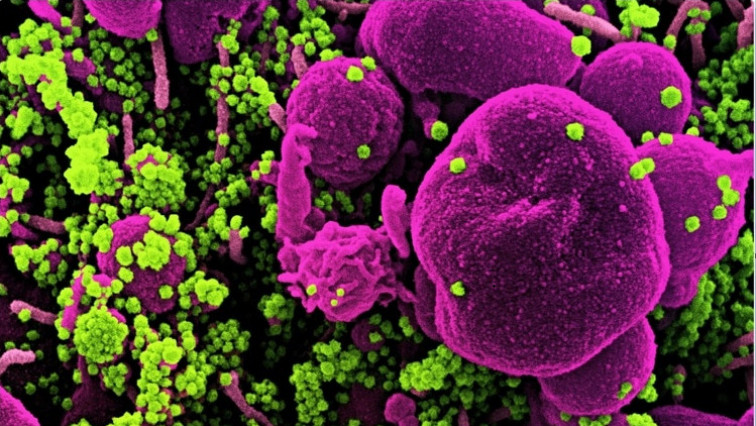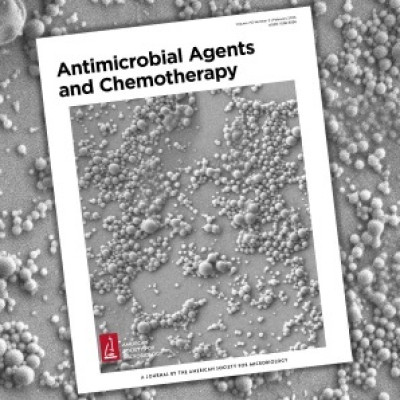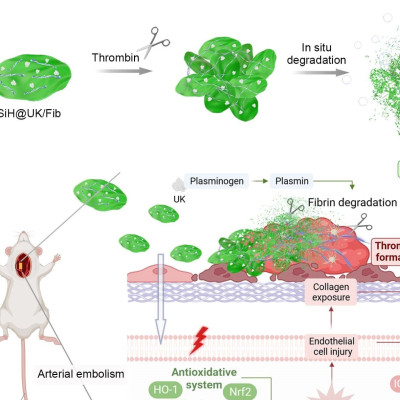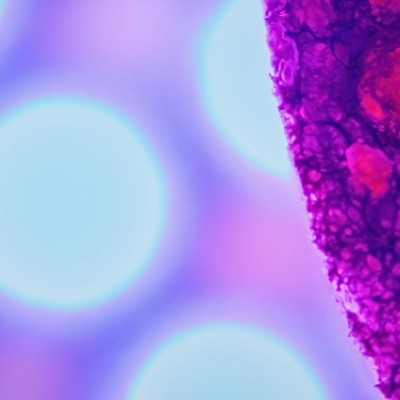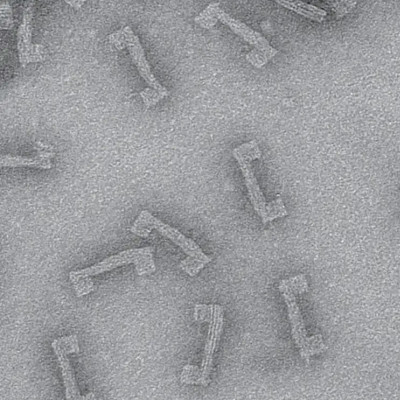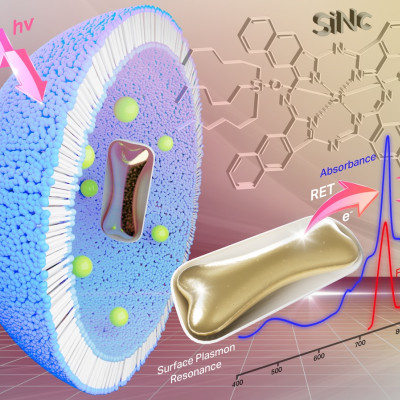The team developed a recombinant SARS-CoV-2 spike protein antigen containing mutations from the B.1.351 variant (Beta) that emerged in South Africa. The spike protein is the main surface structure the virus uses to bind to and infect host cells.
The B.1.351 lineage was categorized as a variant of concern after it was found to evade targeting by neutralizing antibodies from convalescent and vaccinated sera, as well as several approved monoclonal antibodies.
Researchers from the University of Maryland School of Medicine in Baltimore and Novavax Inc. in Gaithersburg, Maryland, have shown that a recombinant spike protein (rS) antigen contains B.1.351 mutations (rS-B.1.351) protected mice against infection with B.1.351.
The vaccine also protected the animals against the B.1.1.7 variant that emerged in the UK and the original SARS-CoV-2 strain identified in Wuhan (Wuhan-Hu-1 strain).
Furthermore, a robust anamnestic response was observed among baboons that were boosted with rS-B.1.351 approximately one year following immunization with a prototype vaccine the team previously developed that was based on the Wuhan-Hu-1 strain.
James Logue and colleagues say this points to the feasibility of using the vaccine as a booster following previous immunization with vaccines developed against the ancestral SARS-CoV-2 spike protein.
A pre-print version of the research paper is available on the bioRxiv* server, while the article undergoes peer review.
The concerns surrounding SARS-CoV-2 variants
Since the COVID-19 outbreak began in Wuhan, China in late December 2019, several vaccines designed to protect against SARS-CoV-2 infection have received emergency use authorization following evidence of their high efficacy at preventing COVID-19 in phase III clinical trials.
As a result of the continued global spread of SARS-CoV-2, several variant strains containing mutations have emerged, increasing transmissibility and conferring resistance to vaccination and infection.
Two variants of concern that have emerged over the last year are the B.1.1.7 and B.1.351 lineages that were first identified in the UK and South Africa, respectively.
While the B.1.1.7 variant )Alpha) is more transmissible compared with ancestral strains and has caused more hospitalizations globally, it is still effectively targeted by vaccine or infection-induced immunity and currently authorized monoclonal antibodies.
“However, B.1.351 has gained the ability to evade several authorized monoclonal antibodies and shows reduced neutralization by convalescent sera,” writes Logue and colleagues.
The team previously developed a vaccine base on the spike of Wuhan-Hu-1
The researchers previously developed a prototype vaccine –NVX-CoV2373 – based on the spike protein of the original SARS-CoV-2 Wuhan-Hu-1 sequence. That spike antigen was shown to be 86.3% effective at preventing infection with the highly virulent B.1.1.7 strain that was circulating during the trial.
However, a phase 2b trial conducted in South Africa showed the vaccine to be less effective (60.1%) at preventing infection with B.1.351.
This decreased vaccine efficacy against B.1.351 has also been observed for other SARS-CoV-2 vaccines.
What did the current study involve?
In response to the potential need for a spike variant-directed vaccine, the researchers developed a full-length recombinant SARS-CoV-2 spike protein antigen containing mutations found in the B.1.351 lineage (rS-B.1.351).
In animal models, the team assessed the cellular and humoral immunogenicity and protective efficacy of rS-B.1.351 alone or in combination with the NVX-CoV2373 vaccine based on the Wuhan-Hu-1 strain (rS-WU1).
In a BALB/c mouse model, vaccination with rS-B.1.351 induced high levels of neutralizing antibodies against both the B.1.1.7 and B.1.351 variants and the parent Wuhan-Hu-1 strain.
Mice vaccinated with either rS-WU1 or rS-B.1.351 prior to challenge with B.1.1.7 or B.1.351 exhibited a 2-log reduction in B.1.1.7 viral titers and a 5-log reduction in B.1.351 viral titers.
All immunized mice had undetectable levels in the lungs and were protected against challenge-induced weight loss following infection with B.1.351.
Furthermore, among baboons that were immunized with rS-WU1 approximately one year previously, boosting with rS-B.1.351 induced a strong anamnestic response, with the rapid production of anti-spike immunoglobulin G (IgG) antibodies and spike-specific T cell responses.
What did the authors conclude?
The researchers say the findings show that this B.1.351 spike-directed variant vaccine induced highly potent neutralizing antibodies, protected mice from clinical disease, and prevented detectable SARS-CoV-2 replication in the lungs.
“Positive results in non-human primates also suggest the feasibility of utilizing this variant vaccine as a booster after previous immunization with a vaccine directed toward the ancestral SARS-CoV-2 Spike protein,” concludes Logue and colleagues.
Read the original article on News Medical.

